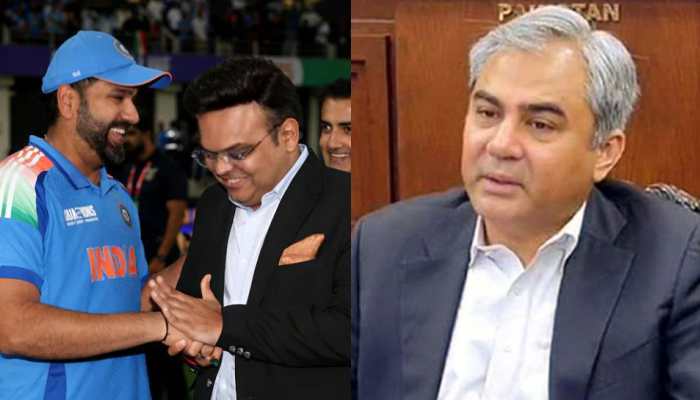In what could be a monumental blow to the Pakistan Cricket Board (PCB) and the Asian Cricket Council (ACC), the Board of Control for Cricket in India (BCCI) has reportedly informed the ACC of its decision to withdraw from the Asia Cup 2025. The move, driven by deepening political tensions between India and Pakistan, casts a long shadow over the tournament’s future.
According to The Indian Express, the BCCI has also opted out of the Women’s Emerging Teams Asia Cup 2025, set to be played in Sri Lanka next month. The ACC, currently chaired by Pakistan’s Federal Interior Minister Mohsin Naqvi, is at the heart of the controversy — with Indian authorities citing the conflict of interest and heightened national sentiment as key reasons behind the exit.
The withdrawal follows closely on the heels of Operation Sindoor, a recent military operation conducted by India in Pakistan Occupied Kashmir (PoK) and other terror hubs in response to a deadly attack in Jammu and Kashmir’s Pahalgam that claimed 26 civilian lives. With diplomatic relations at a nadir, the BCCI’s stance reflects a broader government position to distance itself from any platform led by Pakistani officials — even in the realm of sports.
“The Indian team can’t play in a tournament that is organised by the ACC whose chief is a Pakistan minister. That’s the sentiment of the nation. We’ve verbally communicated our withdrawal and our future participation in ACC events is also under review.”
India’s decision is poised to destabilize the very foundation of the Asia Cup 2025, which was scheduled for September in the T20 format to serve as a build-up to the T20 World Cup 2026. India, the reigning champions, had defeated Sri Lanka in the 2023 edition’s final and were expected to headline the event again.
With the majority of Asia Cup sponsors hailing from India, and India being the region’s biggest viewership magnet, the BCCI’s absence threatens not only the competitiveness of the tournament but also its commercial viability. A cancellation or further delay now appears highly likely unless a compromise model — such as the hybrid format used in 2023 — is revisited.
For the Pakistan Cricket Board, the ramifications are significant. The BCCI’s firm stance could lead to a larger boycott of events under the ACC umbrella unless leadership changes are made. Notably, the last time the Asia Cup was hosted in Pakistan, India’s refusal to tour resulted in a hybrid model where all Indian matches, including the final, were played in Sri Lanka.
This also sets a worrying precedent for the ICC Champions Trophy 2025, which is scheduled to be hosted by Pakistan. Given the growing reluctance of BCCI to participate in any Pakistan-organized event, the ICC may face mounting pressure to shift the venue or adopt a neutral ground format.
With bilateral ties frozen and multilateral encounters now under threat, the India vs Pakistan cricket rivalry — one of the sport’s most watched spectacles — faces an uncertain future. These high-voltage matches, which dominate TV ratings and digital viewership globally, may now be limited only to ICC global tournaments, if even that.








